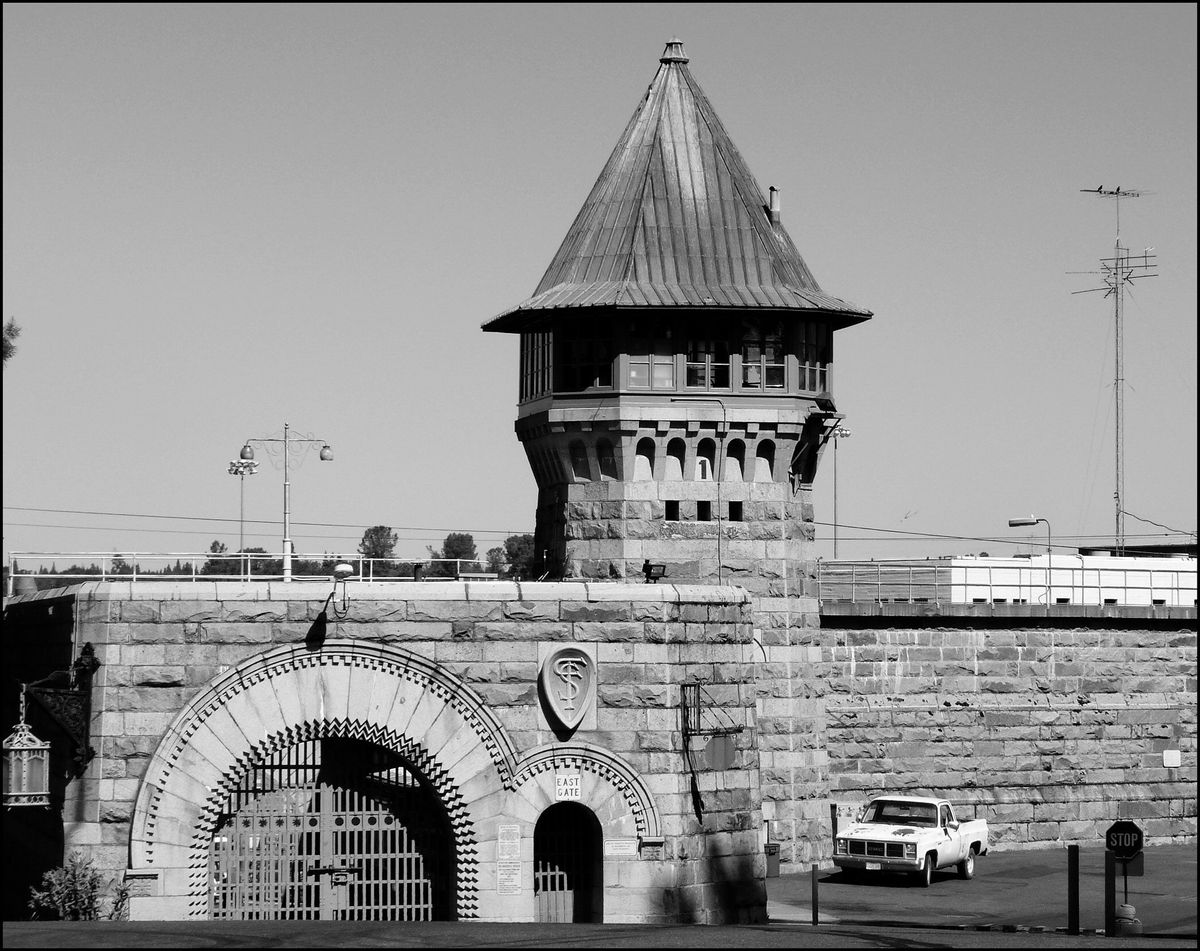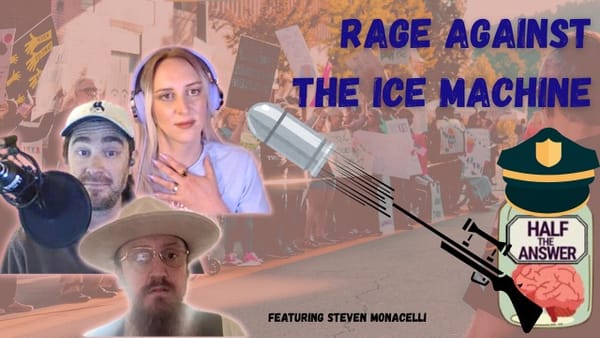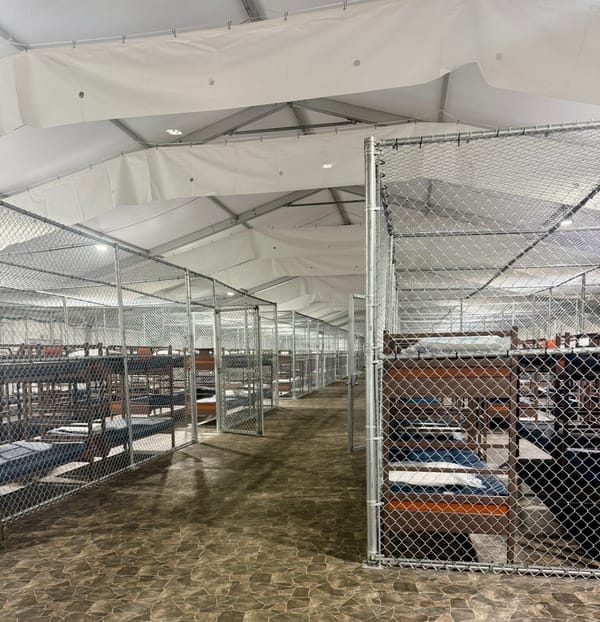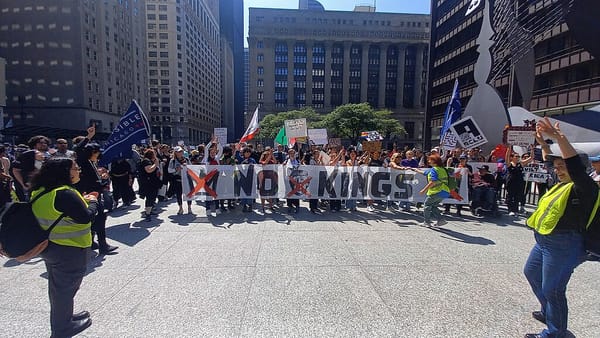Free Speech and Marginalized People

“I disapprove of what you say, but will defend to the death your right to say it,” Beatrice Evelyn Hall wrote in her 1906 biography of Voltaire. Her words conveying Voltaire’s attitude have become one of the most quoted, and most valorized, summations of liberal principles.
Unfortunately, the statement is for the most part practically irrelevant, and therefore is morally misguided. Suppression of speech is not directed most intensely at controversial speech. It’s directed at speech by people who are controversial—that is, at marginalized people who lack power, and who are therefore easily silenced and ignored. If liberals really want to defend free speech, they shouldn’t be laying down their lives for those who say things they disagree with. They should be fighting instead for the disempowered, who often have no access to the public sphere at all.
In line with Hall’s quote, liberal discussions of free speech often focus on fighting for ideas which are in danger of suppression because they are so extreme or noxious. As a result, some of the most iconic free-speech battles have involved liberal defense of fascist marches or far-right speakers. In 1978, the ACLU, as its website says, “took a controversial stand for free speech by defending a neo-Nazi group that wanted to march through the Chicago suburb of Skokie, where many Holocaust survivors lived.”
More recently, liberals have been exercised by protests on college campuses against far-right speakers like Milo Yiannopoulos. Yiannopoulos referred to a famous black actor as an ape and called feminism “cancer”—statements that hardly seem designed to provoke reasoned or productive debate. One of his speeches at Berkeley in 2017 was canceled when protestors destroyed property. Megan McArdle at the Washington Post, writing about the Berkeley protests and others, inevitably quoted Hall and argued “that liberalism let[s] groups of people with radically different answers to life’s most vital questions live together without killing each other.” If Yiannopoulos and those like him can’t speak, or if Nazis can’t march, then McArdle believes all unpopular opinions and all civil disagreement are threatened. Liberalism must defend Nazis and racists, or, we are warned, the liberal order will crumble.
In the age of Trump, though, are racists and Nazis really in need of defending? And has defending them really protected the liberal order? The ACLU, in line with its traditions, defended the right of neo-Nazis to march on a route of their choosing in Charlottesville in 2017. The result was an outpouring of fascist violence, culminating when neo-Nazi James Fields murdered counter-protestor Heather Heyer. Heyer, who was peacefully exercising her right to protest when Fields ran her down with a car, will now never speak again. It’s hard to see how that is a victory for liberal values.
Heyer has been silenced, but the views of her murderer are still very much alive in the public sphere. Donald Trump, who initially refused to condemn the Charlottesville protests, himself frequently stokes racist hatred. He promoted anti-immigrant and antisemitic conspiracy theories about Democratic donor George Soros. Those conspiracy theories were also cited by the man who attacked a synagogue in Pittsburgh in 2018, killing more than a dozen people. Quite recently, he retweeted a Holocaust denier. If the president of the United States is actively promoting far-right views, it’s hard to argue that those views are out of the mainstream.
So the supposedly controversial ideas of the far right blare from numerous prominent platforms, not least from the White House. But there are many disempowered and stigmatized people who are silenced not so much because of what they say as because of who they are.
One important example is prisoners. Unlike Yiannopoulos or Trump, prisoners have extremely limited access to public platforms. They cannot visit college campuses and they often aren’t even allowed to talk to reporters. The Electronic Frontier Foundation reports that most prisoners have no access to social media. That means that they have little ability to tell the public about the dangerous conditions inside right now as Covid-19 sweeps through incarcerated populations.
When prisoners do get access to a public forum, they are often subject to vicious state retaliation. In 2013, for instance, environmental activist Daniel McGowan, then in a halfway house at the end of his prison term, wrote a blog post about his experiences behind bars. Officials at the halfway house then quickly moved him to a detention center in an act that certainly looked like retaliation. McGowan sued, but the federal appeals court ruled against him and refused to punish the officials involved.
Another group systemically subjected to state censorship is sex workers. In 2018, Congress passed and the president signed new legislation which increased liability for websites which are found to be promoting sex trafficking. Sex trafficking is a broad, ill-defined term, though, and the practical result of the legislation is that many websites have ceased to carry ads and content from consensual sex workers. Many sex workers who were able to use the web to screen clients online have been forced onto the streets. Researchers have found that homicide rates for sex workers drop precipitously when they have access to online ads. Sex workers have said the law is putting their lives at risk. There is good reason to believe that as online spaces shut them out, some sex workers will die.
The constraints on sex workers’ speech can make it difficult for them to advocate for themselves or to argue for changes to the laws that criminalize them. Platforms often delete or ban sex-worker accounts, and that’s increased since the law passed. But they are not mainly being censored because they are promoting controversial ideas. They’re mainly being censored because their very existence or visibility is seen as dangerous, disgusting, or threatening. Similarly, prisoners aren’t prevented from speaking because people disagree with their ideas in themselves. Those in power want to clamp down on prisoners’ speech because they worry that if prisoners are allowed to describe their own lives, it will reflect badly on those in power.
Civil libertarians do often, and admirably, report on the silencing of marginalized people. The ACLU, for example, has been covering nationwide efforts to arrest undocumented immigrants who dare to speak against Trump’s anti-immigrant policies. But the arrest of an immigrant activist doesn’t get the kind of blanket coverage that the Yiannopoulos protests did. Numerous pundits from across the political spectrum pound the campus protest free speech beat: Robby Soave, Bari Weiss, Jonathan Haidt, Jonathan Chait. In contrast, there is not a single mainstream writer who consistently covers violations of free speech in prison for a high-profile venue.
People with “controversial” opinions aren’t necessarily oppressed, and aren’t necessarily in danger of censorship. If you are wealthy and connected, you can seriously tell people to inject disinfectant, and while you may be mocked, you won’t be censored. But if you are part of a marginalized and criminalized population, simply saying “stop hurting me” can bring the entire apparatus of the state down upon you, threatening your freedom and your life.
Liberal obsession with protecting controversial speech rather than marginalized people has chaperoned us to a society where far-right, adamantly anti-liberal speech suffuses the mainstream. Meanwhile the liberty of prisoners, of sex workers, of undocumented immigrants, of women, of the poor, of black people, is smothered in silence. If liberals really want to stand for freedom, they need to be less concerned with defending the controversial speech of the powerful, and more concerned with defending the speech of those labeled disagreeable, inconvenient, and not worth listening to.
Featured image is Folsom Prison East Gate, by Vince Mig




